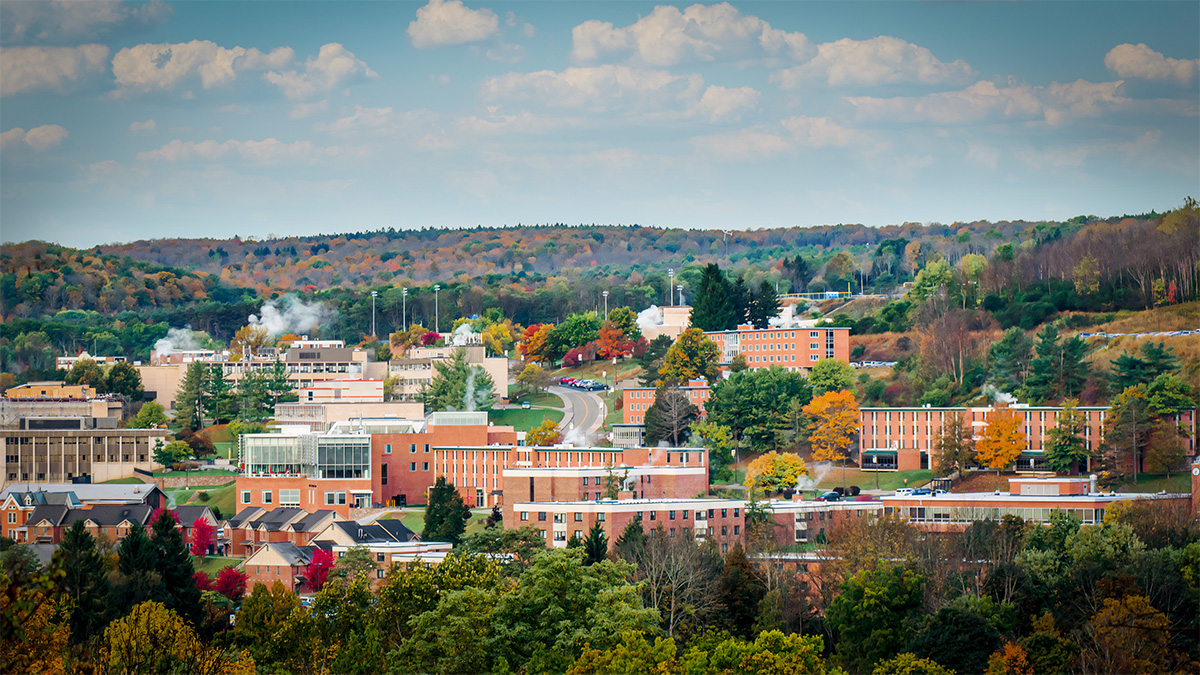
At a glance
A steady decline in pollinator species has been noted for decades. Additionally, the increasing loss of honey bee colonies suffered by the commercial beekeepers that provide pollination services to commercial growers indicates that many food supplies are imperiled. A symposium on pollinators and pesticides will introduce attendees to some of the recent findings related to honey bee and pollinator losses.

A steady decline in pollinator species has been noted for decades. Additionally, the increasing loss of honey bee colonies suffered by the commercial beekeepers that provide pollination services to commercial growers indicates that many food supplies are imperiled. A symposium on pollinators and pesticides will introduce attendees to some of the recent findings related to honey bee and pollinator losses.
The Symposium will be held Thursday, July 22, 2010, from 10-11:30 a.m. and 1-4 p.m. in the Orvis Auditorium on the Alfred State College campus. For those wishing to bring a picnic lunch, a designated area will be announced at the meeting; other lunch options will be available on campus and in town.
There is no cost to attend; however, registration is required through the New York Sustainable Agriculture Working Group at the following e-mail - nysawg@gmail.com or at (716) 316-5839. Include name, affiliation (e.g., grower, researcher/college, beekeeper/organization, etc), and phone number or e-mail address.
Presenting from Pennsylvania State University/Center for Pollinator Research will be Maryann Frazier, Pennsylvania state extension entomologist, “A Survey of Recent Research Findings Regarding Honey Bee Health,” and Dr. James Frazier, professor, Department of Entomology, “Synergistic and Sublethal Effects of Pesticides on Honey Bees.” Presenting from the USDA-ARS Honey Bee Pollination Lab in Tucson, AZ, will be Dr. Gloria DeGrandi-Hoffman, research director, “Do Pesticide Contaminants Alter the Microflora in Healthy Honey Bee Colonies?” Dr. Diana Sammataro, “Beneficial Lactic Acid Bacteria Microflora of Honey Bees;” Dr. Kirk Anderson, “Microbiota in the Stored Food Sources of Social Insects;” and Dr. Mark Carroll, Varroa Mite Attractants: Potential Solution for Varroa Mite/Viral Challenges to Honey Bees.”
This Symposium is sponsored by Alfred State College and its Institute for Sustainability; The Western New York Honey Producers Association; The New York Sustainable Agriculture Working Group with USDA RMA; and Bee Culture - the Magazine of American Beekeeping.
